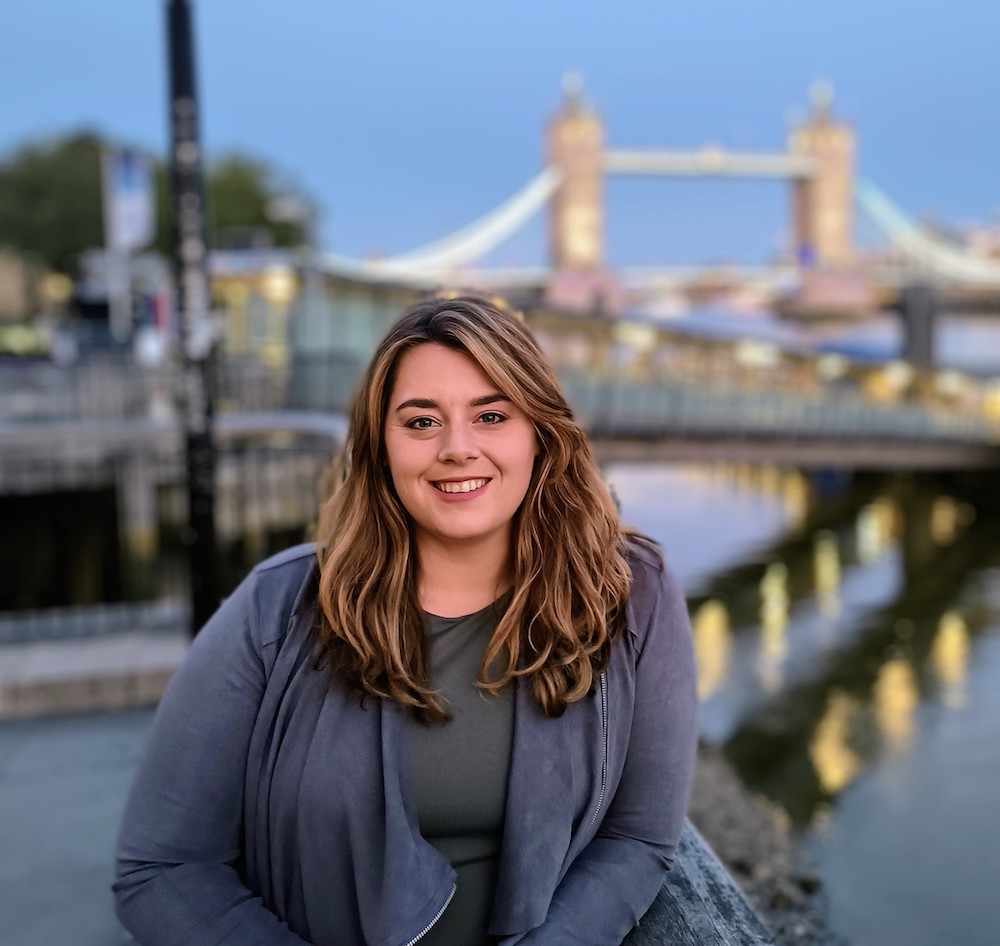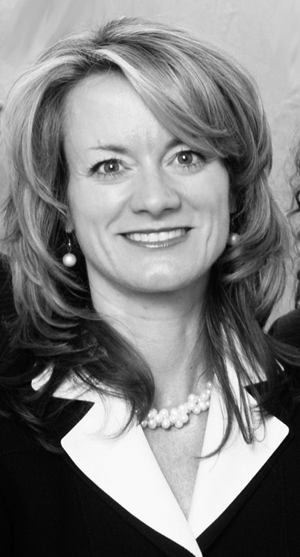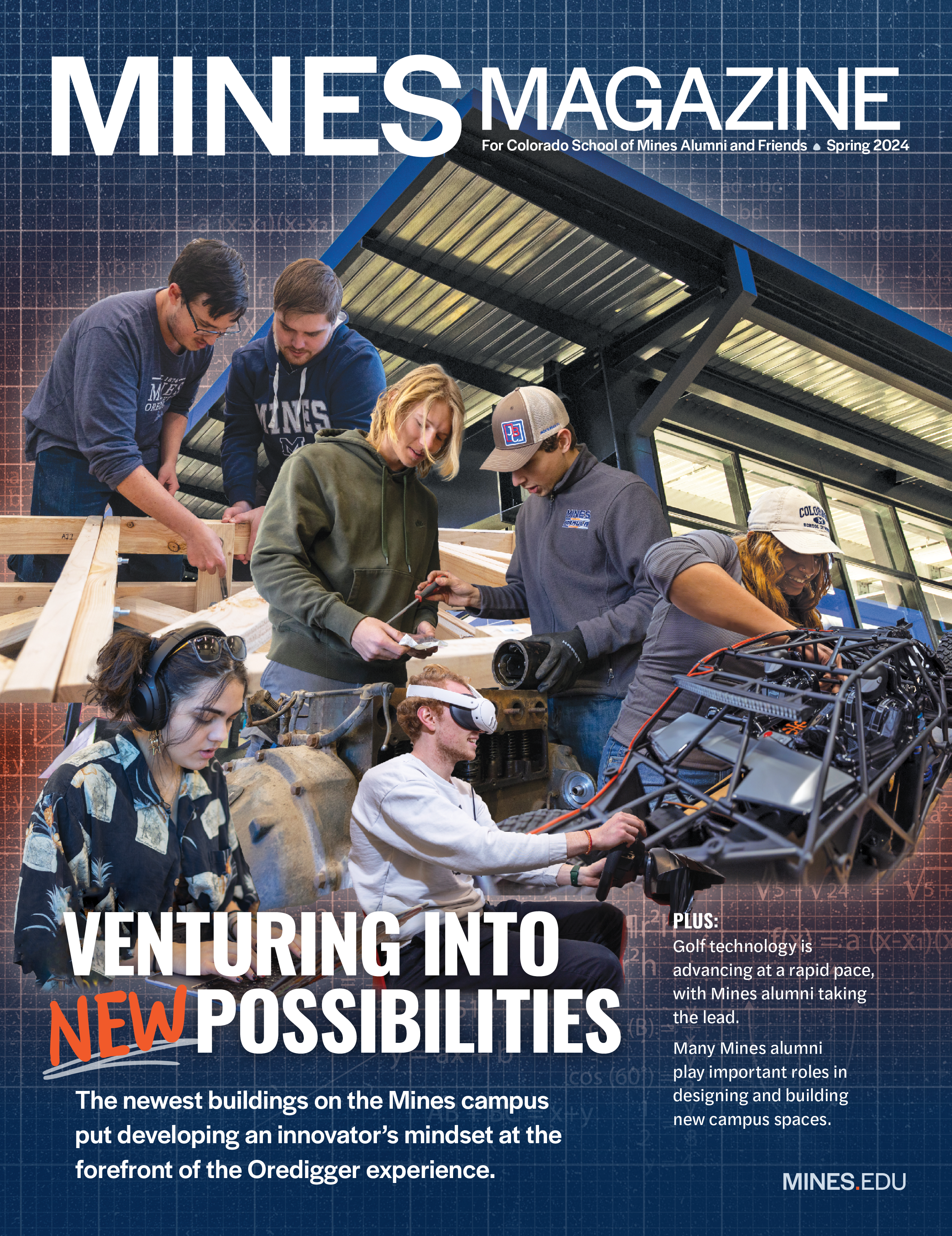Creating a sense of communal support

The theme of this year’s Forces of Mines: Elevating Women Summit at Mines event, “Making the Career Leap,” could easily describe a key career moment for Catherine Smith ’14. Three years ago, Smith, a professional mechanical engineer, was considering a career change. She took her own leap, reaching out cold to another Mines alum for mentoring through the process, even though the two had never met.
At the time, Smith was using her professional experience in mechanical, electrical, plumbing (MEP) engineering to lead a team at a construction firm as an engineering project manager. She felt pigeonholed in retail and light commercial construction work, though, and wanted to transition to a new challenge, either into a different aspect of construction or even a new field, such as oil and gas.
Smith had signed up as a mentor for a Mines-sponsored mentoring program, and though she didn’t connect with any students, she noticed that one of the other mentors in the program, Andrea Wescott Passman ’98, was actively working in the oil and gas industry. Smith decided to send Passman a message on LinkedIn to connect and gauge Passman’s interest in sharing her expertise.
“We started this mentor-mentee relationship for about a year, where she helped me get my head around switching industries and how to progress,” Smith said.
Smith’s professional licensure focused on HVAC and refrigeration, but she wasn’t sure that knowledge would translate if she changed careers. “I was worried all my expertise I’d developed in the construction industry would be lost,” she said.
It wasn’t. Two years ago, Smith transitioned from managing the engineering design of commercial developments to managing equipment design for complex systems with design firm LDIS, where she is now a lead mechanical engineer specializing in ventilation and rotating equipment for oil and gas midstream projects.
“When I first transitioned to my current company, I felt the main thing I brought was my experience with ventilation. But actually, I had more applicable engineering and project management experience than I gave myself credit for,” she said. “I made a concentrated effort to fill knowledge gaps and immerse myself in the company culture. I am happy that I made the leap.”
But the success story of this mentor-mentee relationship didn’t end there. Smith was already volunteering with the Women of Mines Interest Group, so when Passman stepped down from her role leading the interest group, she asked Smith to take over as the chair, giving Smith the opportunity to open even more doors to career growth for other women in the Mines community.
“We’ve all experienced something unintentionally sexist, like someone assumes you will take notes instead of lead the meeting or pass out water or coffee or that you’re not the senior engineer on the project,” Smith said. “It’s hard—I think everyone expects it to be hard. But you can do it. Don’t let anyone talk you out of it.”
Smith is thankful to her mom, dad, mentors like Passman and the Mines faculty and staff who supported her venture into a male-dominated industry. Despite being a natural for a career in mechanical engineering—as she said, she “was always one of those kids who would take things apart and maybe not know how to put it back together”—she still got pushback in her teenage years when she decided to apply to engineering schools. Ever since, she has volunteered or reached out to offer support to other women in engineering, and the work continues.
Now, as the interest group’s chair, Smith is hoping to do more than provide networking opportunities for alumni and students and instead foster the kind of support through the Mines community that Passman was able to give her.
“We’re trying to create these events not necessarily to build a network or build professional development but build a sense of community,” Smith said of the Forces of Mines summit. “And I want the students to see that strong community support is there for them. If you change industries or move to a new city, you potentially have a connection that can help. Knowing you’re part of this group might make it easier to take risks.”



